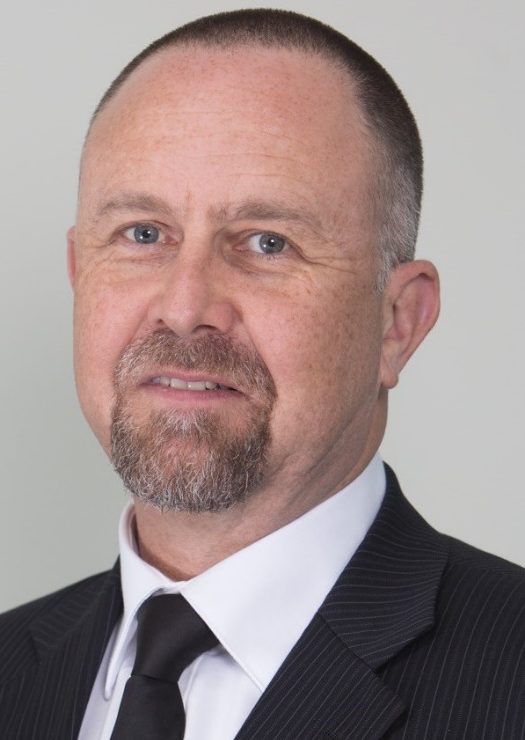The duo behind the new remuneration model for advisers proposed earlier this month (see: New Adviser Commission Model Proposed…) have responded to concerns from the broader insurance industry of advisers, insurers and commentators.
The response from the industry has been mixed, reflecting the outcome of RiskinfoNZ’s recent poll, which found that the majority of advisers who responded were not in favour of the model details revealed so far (see: Reservations Over Proposed Adviser Commission Model…).

Industry consultant and one of the architects of the new model, Darrin Franks, says the insurance industry needs to ask itself if this is the best it can be.
“No system is perfect but there needs to be better evidence of constructive thought leadership in the interests of all stakeholders. The minute I hear that any alternatives proposed, even only for discussion, are rubbished, it makes me more inclined to think the status quo needs unpacking.”
Financial Advice New Zealand Practitioner Director, Bruce Cortesi, said any proposed new changes that may impact on an adviser’s revenue is expected to be challenged.

“Historically it has been why advisers have missed out on the opportunities presented to them to influence positive changes that will bring greater good to not only themselves and the wider industry sector, but also importantly to the New Zealander,” he said.
Cortesi continued with a word of warning, “Many of the issues now being brought into the light with the review of the code and FSLAB were already known, but it took the creation of a Code Committee and a Regulator to actually do something about them. Let’s not continue down that track.”
One concern they had heard was that this model might lead to over selling sums insured.
But Franks argued that the last thirty years has seen a dramatic improvement in the education and documentation of the advice process.
Franks added overselling can occur in the current environment, whereby the greater the premium, the greater the commission component.
“The fact that people are prepared to comment either positively or negatively actually means that we’ve reached a level of maturity in the industry that we can have this discussion.”
On the argument that level commission is the only answer, Franks said this path would not eliminate conflict of interest issues, pointing out any adviser being paid level commission but only providing one company product solutions is also conflicted.
Commenting on cross subsidisation, Franks noted that this already exists in the industry.
“Anyone involved in product and pricing development will be aware of rate curve manipulation to ‘target’ profile customers they would like and or what may be seen as the typical profile of their distributor set sales targets,” he said.
Franks observed: “The fact that people are prepared to comment either positively or negatively actually means that we’ve reached a level of maturity in the industry where we can have this discussion.”
Franks and Cortesi said they look forward to providing an update on the development of the discussion in due course.




